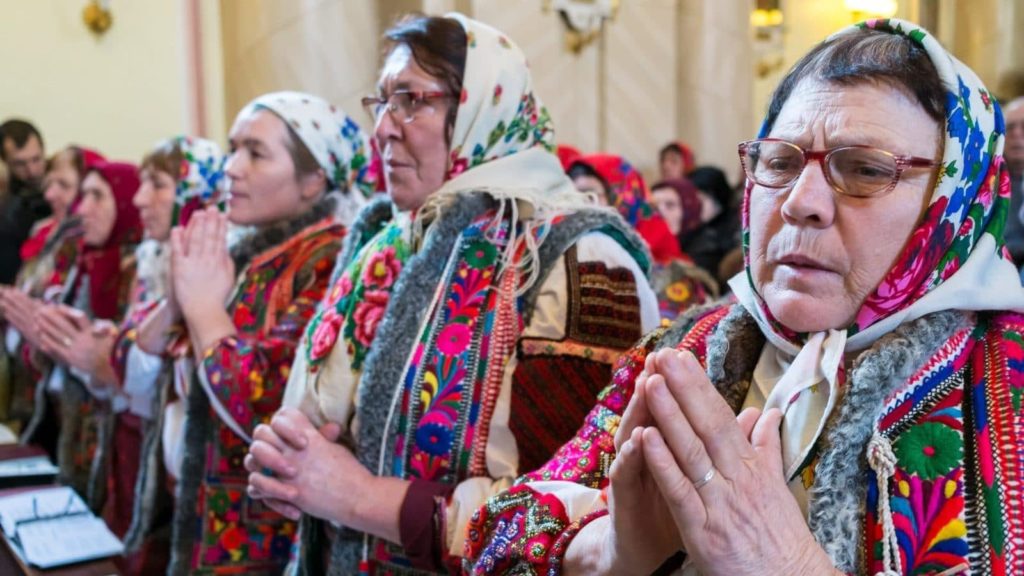Members of FutureLab Europe provide the perspective of young people on the current crisis
Europe’s youth has been hit hard by the economic crisis. Unprecedented levels of youth unemployment, emigration and disaffection have earned Europe’s current cohort of young people the unenviable label: “lost generation”. But what does this really mean? Detailed reports from 24 European countries – EU-Members as well as Non-EU-Countries – compiled by FutureLab Europe indicate how young Europeans perceive their situation.
The experience of the economic crisis by young people has been very different across Europe and, indeed, within individual countries. Those with higher education levels have generally escaped the worst. However, in many countries, a university degree or a technical qualification has not been enough to spare young people from unemployment. In some countries, regional disparities have been accentuated by the economic crisis. Furthermore, age is not the only determinant of the “lost generation”. There are very high disparities in youth unemployment according to gender, as well as social and ethnic background, for example young people from a migrant background are more likely to be unemployed than their peers. There also seems to be quite a striking difference between some Southern and Eastern countries, on the one hand, and Northern and Western countries on the other.
Loss of self-esteem and independence
Despite the many differences within and across the countries surveyed by FutureLab Europe, there are a number of significant similarities in the challenges faced by Europe’s youth. First and foremost, FutureLab Europe found that the NEET level (NEET – those who are Not in Employment, Education or Training), which is becoming an increasingly important measure of youth disengagement from the labour market, does not capture the uncertainty and anxiety that now pervades the lives of young people in Europe. Many of Europe’s youth are trapped in unpaid or underpaid internships and temporary or sporadic employment. This makes it difficult for young people to plan their future, buy a house and start a family.
A related aspect is the loss of identity and self-esteem caused by experiences of unemployment, frequent job changes and the sense that young people do not matter. Trapped in a limbo of unemployment, underemployment or an endless cycle of education because of a lack of job opportunities, many of Europe’s youth perceive themselves as ‘useless’ and powerless.
Tension rising before the debate: FutureLab Europe-discussants Heidi Beha, Leticia Díez Sánchez and Theodora Matziropoulou. Photo: Jennifer Jacquemart
James Kilcourse and Enja Sæthren presenting Vice-President of the European Commission Almunía with the first copy of the FutureLab Europe 2013 report on youth unemployment in Europe. Photo: Jennifer Jacquemart
Quizzed by FutureLab Europe: Vice-President of the European Commission Almunía Photo: Jennifer Jacquemart
Joaquin Almunía, Vice-President of the European Commission responsible for Competition. Photo: Jennifer Jacquemart
Long-term repercussions and challenges for all Europeans
Since self-esteem is a precondition for active and positive citizenship, these issues could have significant repercussions for long-term social cohesion and democratic stability. Further, the widespread sense of injustice and resentment that young people are shouldering a disproportionate burden while governments and society in general disregard their problems might lead to political disconnectedness and apathy. For many young people, the social contract has been broken. They feel betrayed by the political and economic system. The long-term political and social consequences of these phenomena are likely to be profound. Perhaps most worryingly, the rise of populist political parties and violent youth demonstrations in some European countries already indicate that young people are opting to withdraw from the existing social and political framework.
Another significant challenge is that several peripheral European countries are experiencing a huge brain drain, which could have a long-term impact on economic development and the entire fabric of society in the sending states. To ensure that these states are not losing their most dynamic and innovative generation for good, they must seek to reach out to their young diaspora and engage them in the decision-making process. Accordingly, policy responses must clearly address the needs of young people. A number of the policy responses to youth unemployment do not unambiguously serve the interests of Europe’s youth. For example, the introduction of more flexible contracts that make it easier for employers to hire and fire young people can only serve to increase instability and uncertainty for young people if not combined with a strong safety net and a good level of support for jobseekers.
FutureLab Europe – Empowering Young Voices In order to succeed Europe has to be a “citizen project”. It needs fresh ideas and innovative concepts as well as strong support from the younger generations. And Europe’s youth really does wish to participate: all they need is the access to the decision-makers and opinion leaders who currently shape the future of the European Union. In FutureLab Europe ten Foundations combine their knowledge and experience of civil society. From their outstanding alumni they select participants who offer great potential for Europe. At the start, the Annual Forum provides a week-long introduction to Brussels’ institutions and in-depth debates. Following up are the Europe@ Debate-events, where the 20- to 30-year-old participants publicly discuss European topics such as culture, (im)migration, economics, gender and social justice with high-ranking politicians and specialists. Thirdly, FutureLab-Europe participants’ Group Projects in Europe are being supported by the Alliance. You can meet these young Europeans and learn about their personal ideas on the internet in video-streams, podcasts and personal blogs or follow them on twitter: www.facebook.com/FutureLabEurope Twitter: @FutureLabEurope So far, members of the European Alliance for Democratic Citizenship come from Belgium, Estonia, Finland, Germany, Italy, Norway and Spain. Operational partner is the European Policy Centre in Brussels; FutureLab Europe is affiliated to the Network of European Foundations. Read the FutureLab Europe report
What ought to be done?
A reasonable starting point is to work on the perceptions related to young Europeans. One way to make youth a resource and not a problem is to make greater efforts to promote youth entrepreneurship. Europe’s youth are best positioned to make the most of the single market and the digital, globalised age we live in. Despite this, FutureLab Europe found that our generation seems to become more “risk-averse”. Finding ways to tap into the innovativeness of young people is an area that should be given more attention.
Social media may facilitate this process in a way that was not possible in the past. Though social media can function as a contributing factor, on a deeper level youth engagement must be grounded in a stable education system. Funding for education and training should not be made a victim of the policy of austerity. Reducing education spending and access to education, which has occurred in several European countries since the economic downturn, only serves to damage the long-term employment prospects of young people. Further, education systems must adapt to current labour market needs. There is a sense in many European countries that the education system is failing young people because of the sharp disconnect between education and labour markets.
Though some harsh measurements need to be taken, it is still possible to avoid reinforcing the tensions already evident between different groups in society. Any major policy response to youth unemployment should have the support of all relevant stakeholders. Radical reforms cannot be divisive or perceived as partisan if they are to address the uncertainty and insecurity that Europe’s youth is currently experiencing. Further, solving Europe’s youth crisis must not come at the cost of intergenerational conflict.
Older workers are also vulnerable and this is particularly true at a time of rapid technological advances. However, older workers bring a wealth of experience and expertise to the workplace, and this deserves to be recognised.
Policy-makers at European and national level have in recent months increased their focus on the problems of young people and increased their use of the language of crisis, but they must now put their rhetoric into action. The young people of today are the decision-makers of tomorrow. The long-term sustainability of democracy and social cohesion therefore demands the engagement and participation of young people in the democratic process. However, young people are experiencing a general crisis of trust and values. Failure to act now is likely to entrench the anxiety and disillusionment of many of Europe’s young people, which will be very difficult to reverse. We must therefore go much further than what has already been done in order to ensure the future of Europe.





